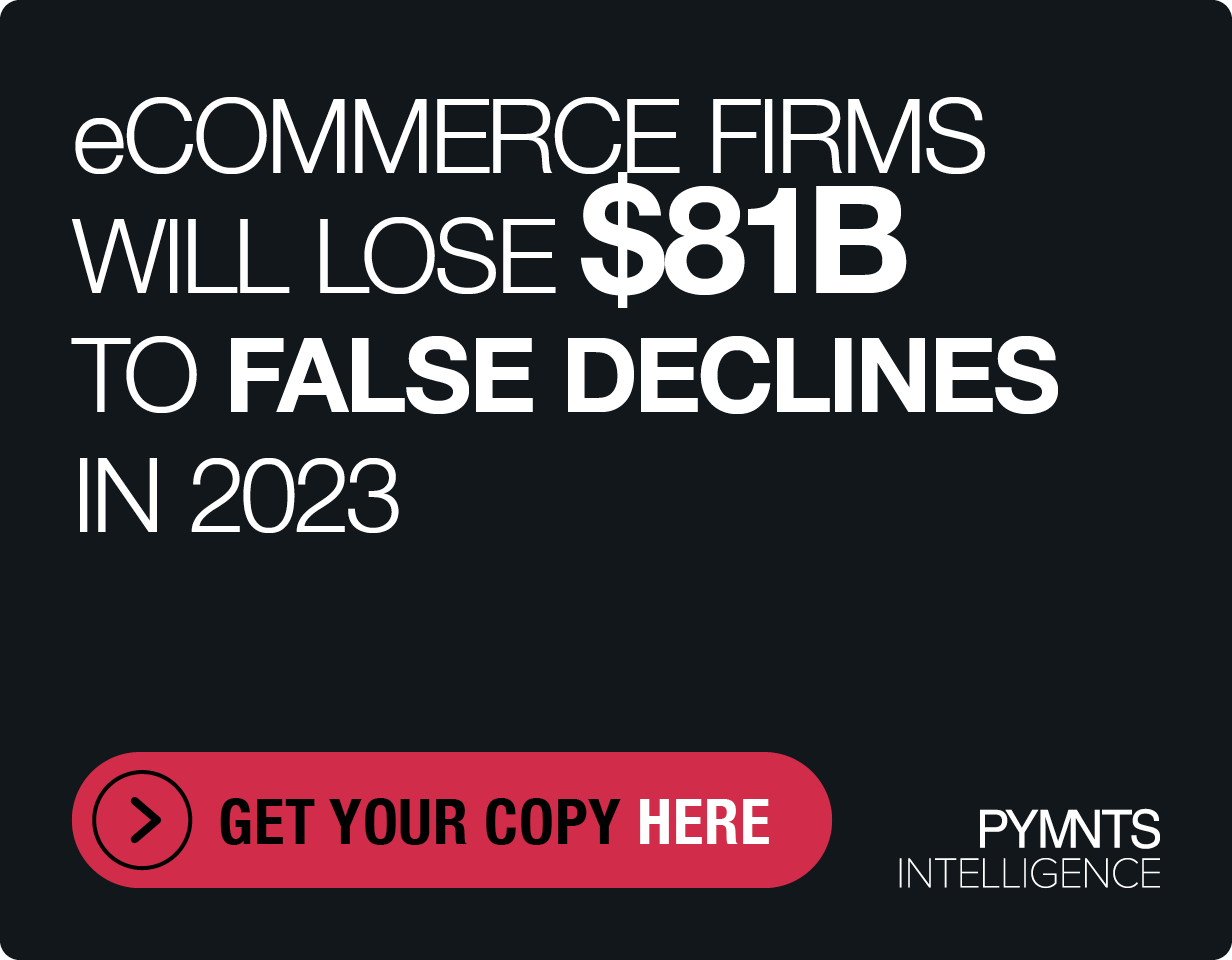NEW REPORT: The Cure For Subscription Box Fatigue

Subscription commerce isn’t what it used to be.
The market has evolved from the days of doorstop deliveries of meat, dairy and newspapers to include media streaming services, software and themed boxes packed with a range of products, including clothes, fragrances, food and alcohol, to name just a few.
By some accounts, the B2C subscription market has an estimated 11 million companies operating in the U.S. alone, and it’s poised to expand even further. But not all forays into the subscription arena are successful.
Just ask Blue Apron.
The company had successfully established itself as a cornerstone of the subscription box craze, coming to represent a host of new meal service companies dotting the market. But in recent months, it has been plagued by operational issues and competition from new meal delivery services, including Purple Carrot and Amazon.
With new players rapidly emerging and new subsection trends evolving, keeping track of the trends in the subscription market is no easy feat.
To that end, PYMNTS is proud to present the new Subscription Commerce Tracker™, a bimonthly report that follows notable subscription market developments. Each report will offer a closer look at notable innovations in the subscription commerce industry, and how consumers and companies alike are driving change.
Notable Headlines from the Space
While the subscriptions are becoming more popular among American consumers, some subscription merchants are going global.
Le Tote, a fashion rental company, recently announced the launch of a beta version of its women’s clothing subscription service. The initial launch was limited to a group of 3,000 women, and the company said it is planning a full launch for later this year.
Entertainment and media companies are also looking to reach new customers through subscriptions. Music hardware and software company Native Instruments, for example, recently launched Sounds.com, a subscription-based website. Subscribers pay a monthly fee of $9.99 to access a library of audio loops and samples, designed to be used by a DJ to make a playlist or as a sound effect for a podcast.
Major retailers are also exploring new ways to make existing subscriptions more enticing for consumers. Amazon, for example, recently unveiled a new Whole Foods delivery service for its Prime subscribers. The service is currently being tested in four U.S. cities – Austin, Cincinnati, Dallas and Virginia Beach – and promises delivery of produce, meats, dairy or flowers within two hours. Orders greater than $35 carry a fee of $7.99.
Check out the Tracker’s News and Trends section for a roundup of the latest news and trends across the subscription landscape.
Deep Dive: State of Subscription Box Services
Each edition of the Subscription Commerce Tracker will include a deep dive that explores the factors that are shaping the space.
In the inaugural edition, PYMNTS looks at the factors that allow subscription box merchants to stand apart from other players in the market. This includes a data-rich examination of the features offered by subscription box companies – including rewards, product details and guarantees on deliveries – and how they compare to competitors in the space.
Some key differences between subscription box merchants and other subscription businesses lie in what features the latter will provide for free. PYMNTS’ research found that subscription box merchants are considerably more likely (86 percent) to offer free shipping compared to 62.9 percent of all subscription merchants. However, when it comes to free trials, subscription box merchants are less generous. Only 2.7 percent of these merchants offer free trials compared to 46.6 percent of all subscription merchants.
Check out the Tracker to see how some subscription merchants think inside the box.
How Subscription Vendors Can Fight Consumer Fatigue
As the space continues to expand, subscription merchants are realizing that keeping subscribers hooked requires more than just offering recurring services. Consumers want product selection and they want control. In the Subscription Commerce Conversion Index™, PYMNTS found that 100 percent of the top 20 subscription services offer consumers the ability to cancel their subscriptions at any time.
Rishi Prabhu, CEO and co-founder of men’s lifestyle subscription box company Bespoke Post, recently told PYMNTS that his company offers consumers this control by giving them autonomy over what they receive in their monthly boxes, and how frequently products are delivered. In the February Subscription Commerce Tracker™ feature story, Prabhu explains how this strategy is effectively getting consumers to stick around.
Download the Tracker to read the feature story, the deep dive and the rest of the inaugural edition.
About the Tracker™
The Subscription Commerce Tracker™, powered by Recurly, is a bimonthly report that explores how companies use subscription-based commerce to build long-term customer relationships and steady revenue sources. The report includes notable developments in the market and the companies that are rapidly innovating the space.

